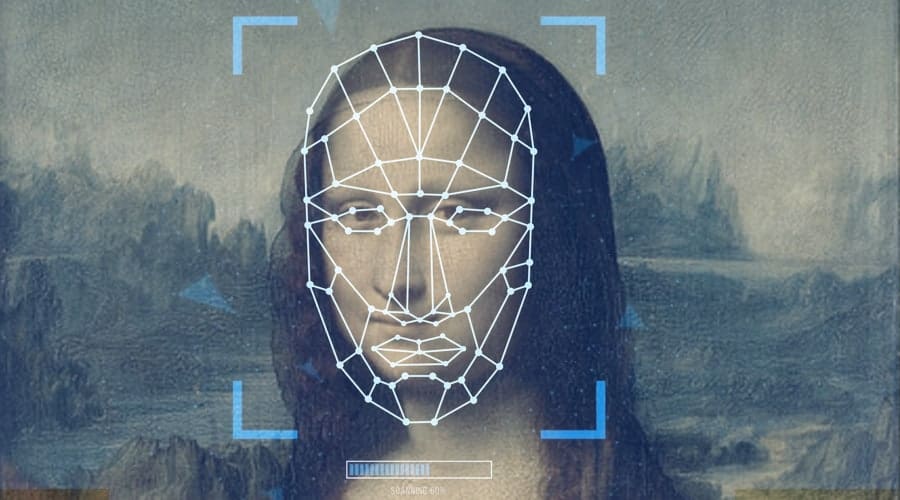Will AI Kill Art
The potential of Artificial Intelligence (AI) to influence human creativity has been a matter of growing interest among researchers and industry professionals recently. AI has been creeping into creative processes, from music composition to visual art, more and more. The use of AI in creative projects dates back to the 1950s when Alan Turing’s “Turing Test” was developed to determine the capabilities of computers to mimic human behaviour.
Since then, AI has been cultivated to the point where it can generate creative work in its own right, such as Generative Adversarial Networks (GANs), which can create new images and videos, which has some people rightly worried.
Late last year, artificial intelligence apps went viral on social media for allowing users to create avatars in the style of famous artists. However, these powerful new tools are changing more than just people’s profile pictures; according to creative professionals, they may change human creativity in endless, horrendous ways, all while breeding privacy and intellectual property concerns.
With major companies like Microsoft and Adobe integrating AI tools into their offerings that can closely approximate human artistic output, you can see why many creatives are worried. AI-generated images have become so sophisticated that they’ve been sold at renowned auction houses, demonstrating the ability of AI-generated art to compete with human artwork.
Music composition is another area that has raised eyebrows as the algorithm generates respectable musical pieces that mimic a human composer’s style or develops an entirely new piece of music. AI can understand music’s emotional content and generate music that conveys a particular emotion or identify what ingredients are likely to make a hit song.
Given the appropriate prompts, AI can be harnessed to create plots for films, books and tv shows and evolve the design of video games, generating levels and characters designed to engage players by tailoring them to a particular player’s preferences. The possibilities are endless and evolving at a lightning pace.
All this might feel like a terrifying dystopian future with AI’s positive influence on human creativity entirely overlooked because the belief that creativity is a magical gift bestowed on an elite few is being challenged. In the same way, the Moog didn’t kill music, photography didn’t kill painting, and AI won’t kill art. There’s room for all when it comes to art, and humans need to be urged to come up with moves that haven’t been seen before to enable them to take things to a new and more exciting level, and that’s a good thing, right?

